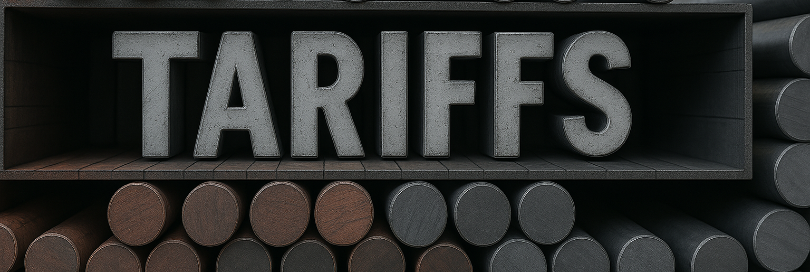A wild goose chase: on the Israeli 'passing-on' condition when claiming a duty refund
29-12-2024
Overpayment of customs duties or other import duties can be a major burden for importers. There can be various reasons for overpayments, e.g. disputes over classification, valuation, origin,
…
etc. Reclaiming these duties from customs authority can be a lengthy and expensive process. The outcome is, of course, unpredictable. In Israel, there is an additional obstacle between the importer and the refund, the so-called ‘passing-on’ condition. This is not unique to Israel, but does not exist in the EU.
Omer Wagner
€

Comments ()
To post a comment you need to